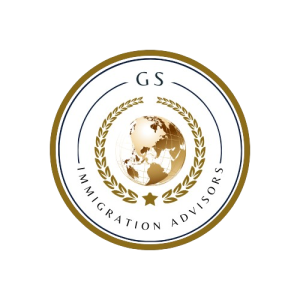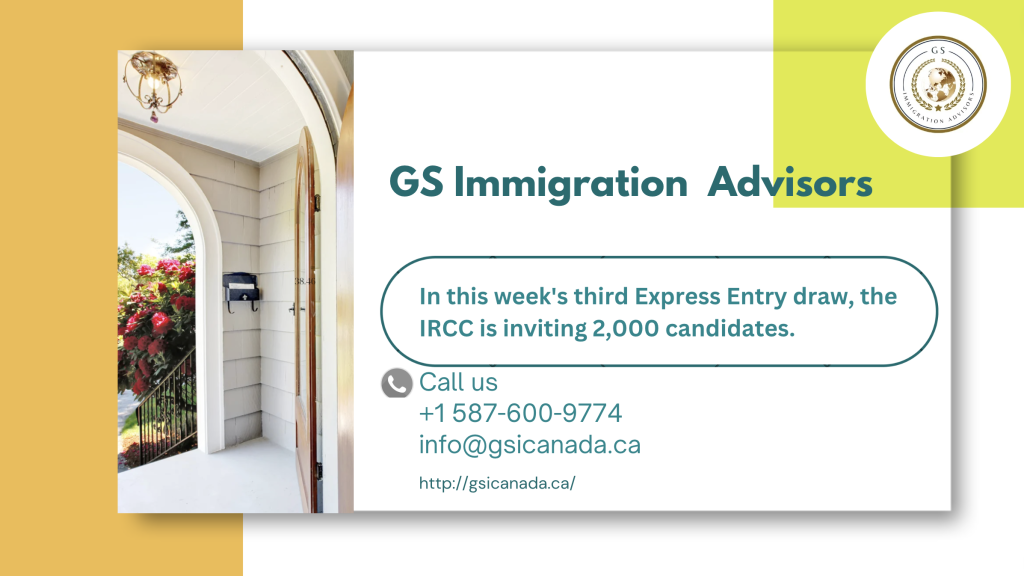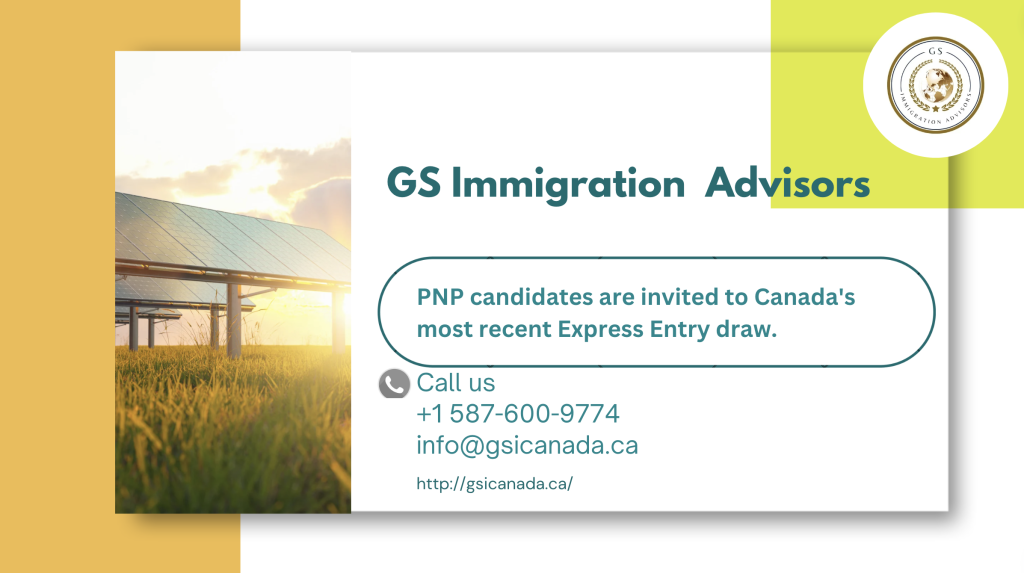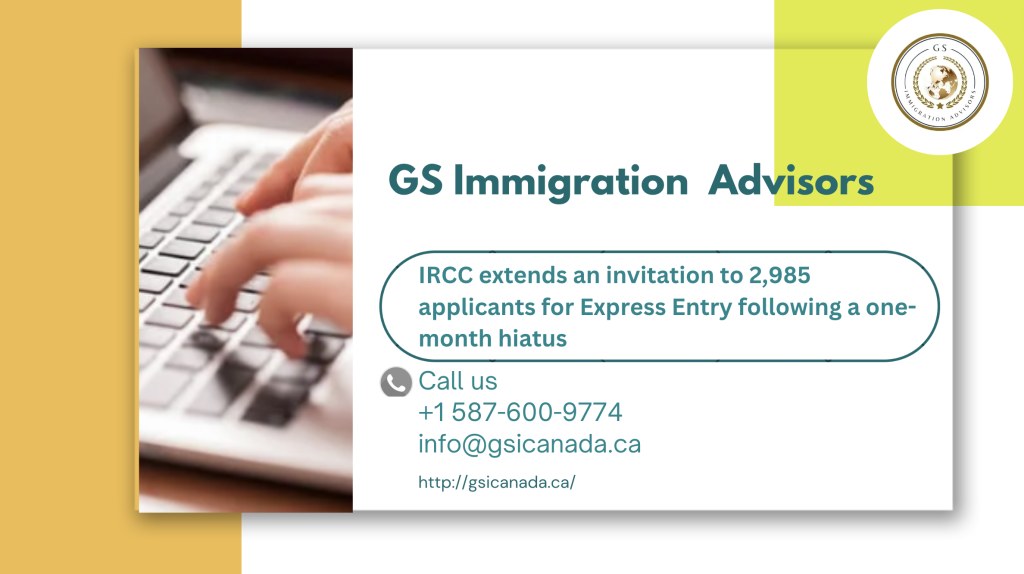In this week’s third Express Entry draw, the IRCC is inviting 2,000 candidates.
In the most recent Express Entry lottery, Invitations to Apply (ITAs) have been released by Immigration, Refugees and Citizenship Canada (IRCC). In a category-based selection draw for individuals with French language competency, the department extended invitations to 2,000 candidates. A minimum score of 394 on the Comprehensive Ranking System (CRS) was required for candidates to be considered. Discover if You Are Eligible for Canadian Immigration Following a program-specific draw for 3,200 candidates for the Canadian Experience Class on August 14, this is the third draw of the week. 763 Provincial Nominee Program (PNP) candidates were awarded ITAs in a draw held on August 13. A minimum CRS score of 690 was required. The draws this week come after an exceptionally high number of Express Entry drawings held in July. In nine different drawings, the IRCC awarded almost 25,000 ITAs to hopefuls. This indicates that since the system’s inception in 2015, July has seen the highest number of Express Entry draws of any month. It represents a noteworthy recovery after a sluggish June that saw only one. Two of the four draws held in July were for candidates who satisfied the requirements for French language competency. The other four draws were category-based selection draws. This category’s draw on July 18 has the lowest CRS score of the month (400). ITAs were given to candidates in commerce and healthcare occupations in the other two category-based draws. Three of the five draws that remained were for candidates who were already enrolled in the Provincial Nominee Program (PNP), and two of the draws were specifically for the Canadian Experience Class (CEC). PNP candidates received the highest CRS score of the month on July 2 (739). The IRCC is meeting its objective of holding more domestic drawings for candidates for permanent residency who are currently residents of Canada, as seen by the number of program-specific draws held after a year of just category-based selection and general draws. This is a part of the department’s declaration that it will endeavor to meet its goal for admissions of permanent residents while simultaneously working to decrease the number of temporary residents in Canada. Summary of Express Entry draw results in 2024 Date Draw Type Number of ITAs Minimum CRS August 15 French language proficiency 2,000 394 August 14 Canadian Experience Class 3,200 509 August 13 Provincial Nominee Program 763 690 July 31 Canadian Experience Class 5,000 510 July 30 Provincial Nominee Program 964 686 July 18 French language proficiency 1,800 400 July 17 Canadian Experience Class 6,300 515 July 16 Provincial Nominee Program 1,391 670 July 8 French proficiency 3,200 420 July 5 Healthcare occupations 3,750 445 July 4 Trade occupations 1,800 436 July 2 Provincial Nominee Program 920 739 June 19 Provincial Nominee Program 1,499 663 May 31 Canadian Experience Class 3,000 522 May 30 Provincial Nominee Program 2,985 676 April 24 French proficiency 1,400 410 April 23 General 2,095 529 April 11 STEM occupations 4,500 491 April 10 General 1,280 549 March 26 French language proficiency 1,500 388 March 25 General 1,980 524 March 13 Transport occupations 975 430 March 12 General 2,850 525 February 29 French language proficiency 2,500 336 February 28 General 1,470 534 February 16 Agriculture and agri-food occupations 150 437 February 14 Healthcare occupations 3,500 422 February 13 General 1,490 535 February 1 French language proficiency 7,000 365 January 31 General 730 541 January 23 General 1,040 543 January 10 General 1,510 546 Express Entry: What Is It? IRCC launched Express Entry, an application management system, in 2015 to assist in the selection of economic immigrant candidates who have the best chance of successfully assimilating into Canada’s employment and economy. Applications from three programs are managed by it using the Comprehensive Ranking System: the Federal Skilled Worker Program (FSWP), the Federal Skilled Trades Program (FSTP), and the CEC. Based on human capital variables like age, occupation, education, language proficiency, and job experience, the system assesses and ranks candidates. A candidate’s total CRS score is determined by adding the scores for each factor. The best scorers have the best chance of being invited to submit an application for permanent residence. What is category-based selection? Category-based selection rounds of invitations were introduced in May 2023 as a means for IRCC to further target the Express Entry candidates that are likely to either fill an urgent need in the workforce or to help the department reach a demographic target. IRCC says the department decided on the six categories following months of consultations with relevant stakeholders. Categories include: Healthcare occupations Science, technology, engineering, and mathematics (STEM) professions Trades occupations, such as carpenters, plumbers, and contractors Transport occupations Agriculture and agri-food occupations French-language proficiency The recently released Express Entry year-end report for 2023 found that candidates in the STEM category received the most ITAs throughout the year (32,111) followed by French-language candidates (15,812). However, according to an Access to Information Request shared with CIC News earlier this year, it is expected that candidates in the French-speaking category will receive the highest number of ITAs in 2024. Discover if You Are Eligible for Canadian Immigration




